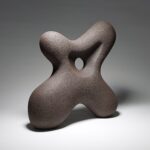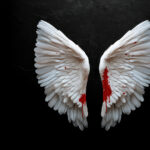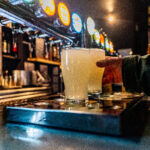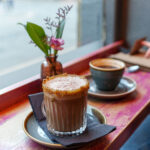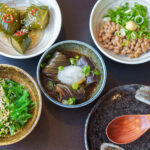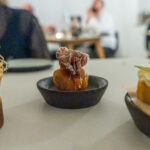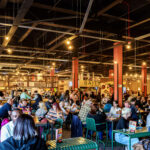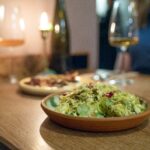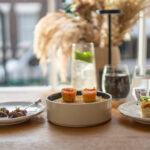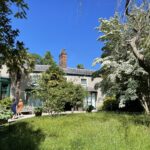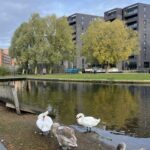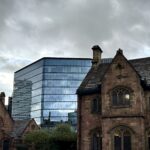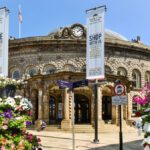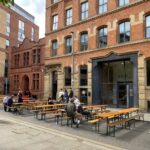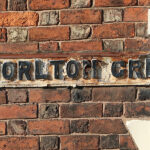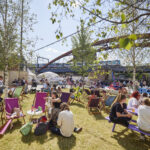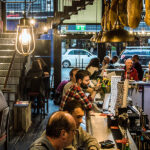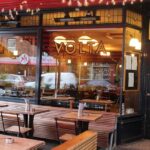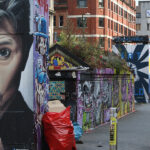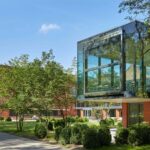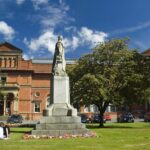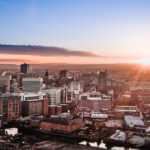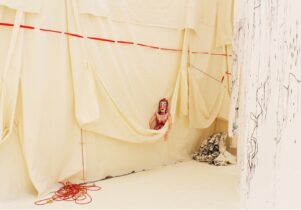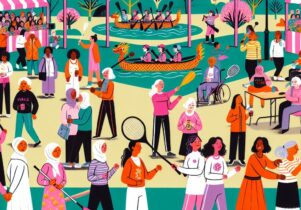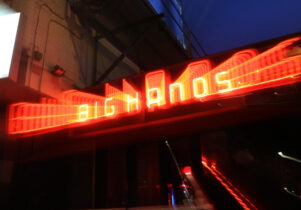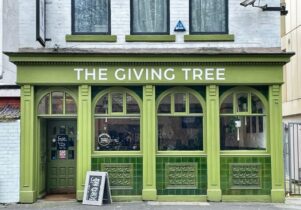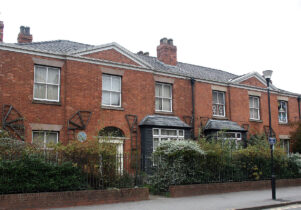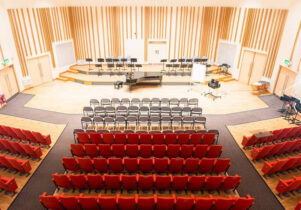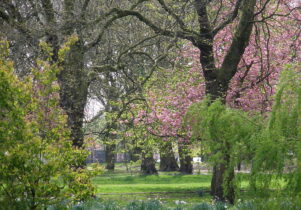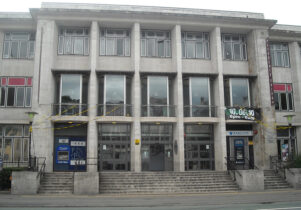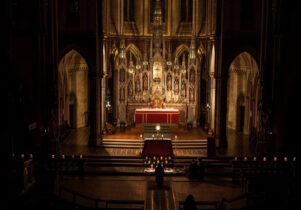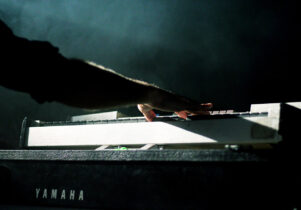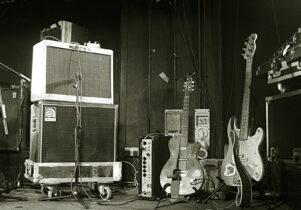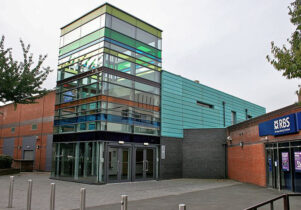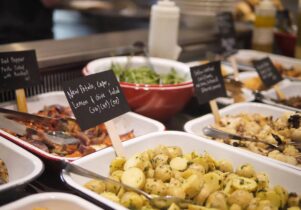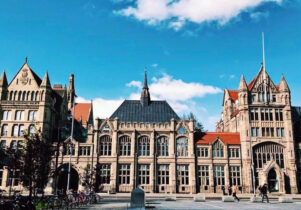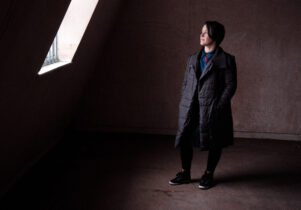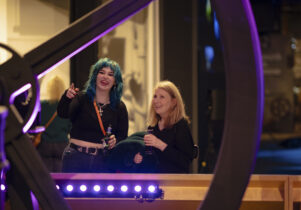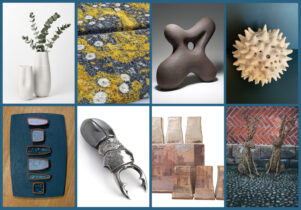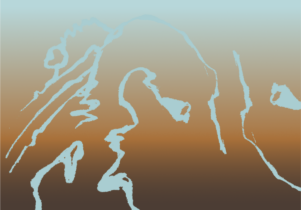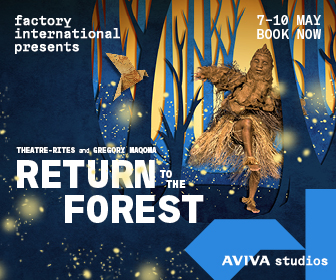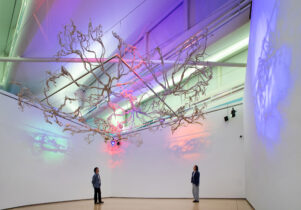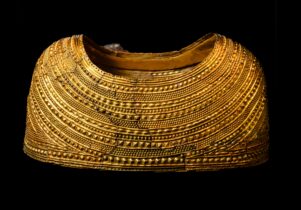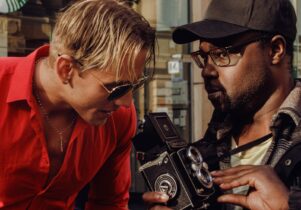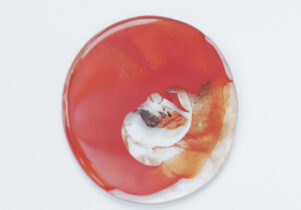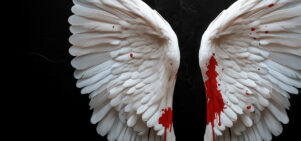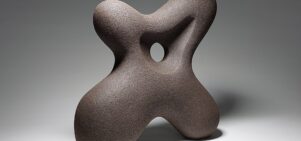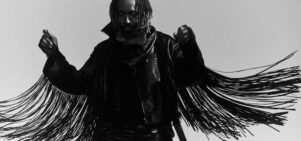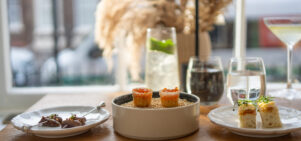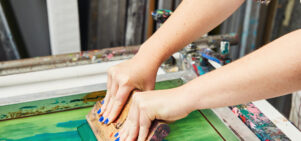Material Power: Palestinian Embroidery at The Whitworth
Maja Lorkowska, Exhibitions EditorVisit now
Material Power: Palestinian Embroidery
Always double check opening hours with the venue before making a special visit.
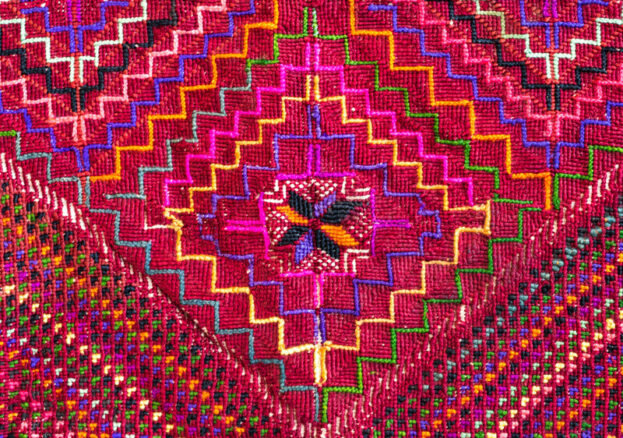
The Whitworth celebrates Palestinian craft and culture in a new show Material Power: Palestinian Embroidery. Showcasing incredible needlework, both historical and contemporary, the exhibition maps the ways in which the medium and its uses in Palestine have evolved over time.
Material Power is based on the research of its curator Rachel Dedman, who presents the ways in which the textiles are a “visual language shared by women”, one that is laden with local tradition. Textiles as a whole have an inevitably intimate quality, being close to our skin and present throughout our lives. As a result, the fibres gather our stories and hold them for future generations to discover – this, woven into beautiful handicraft, is what audiences can encounter at the Whitworth.
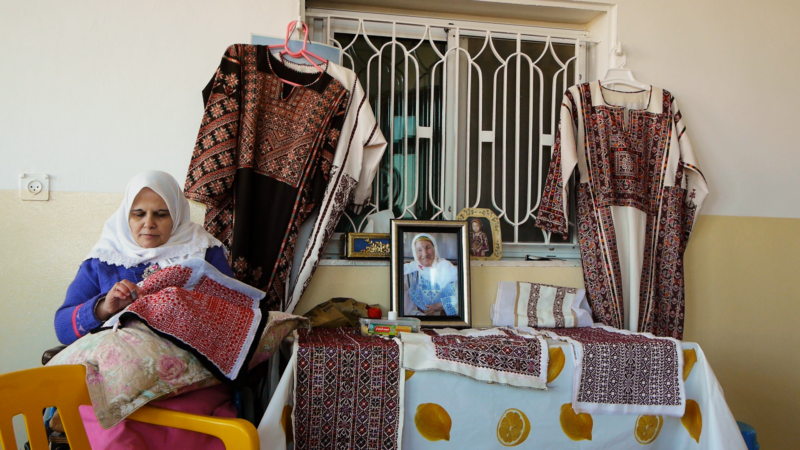
The display showcases more than 40 dresses and other embroidered objects from the Whitworth’s collection and loaned from important collections in Jordan, Jerusalem and the West Bank. This includes some of the finest dresses, known as ‘thobes’ which carry over 200,000 stitches. While in use, these garments had the capacity to tell the community something about the wearer in a very direct manner: different areas of Palestine are known for different styles of embroidery, ranging from geometric patterns to more 3-dimensional designs with enormous variation between them, revealing the maker’s origin.
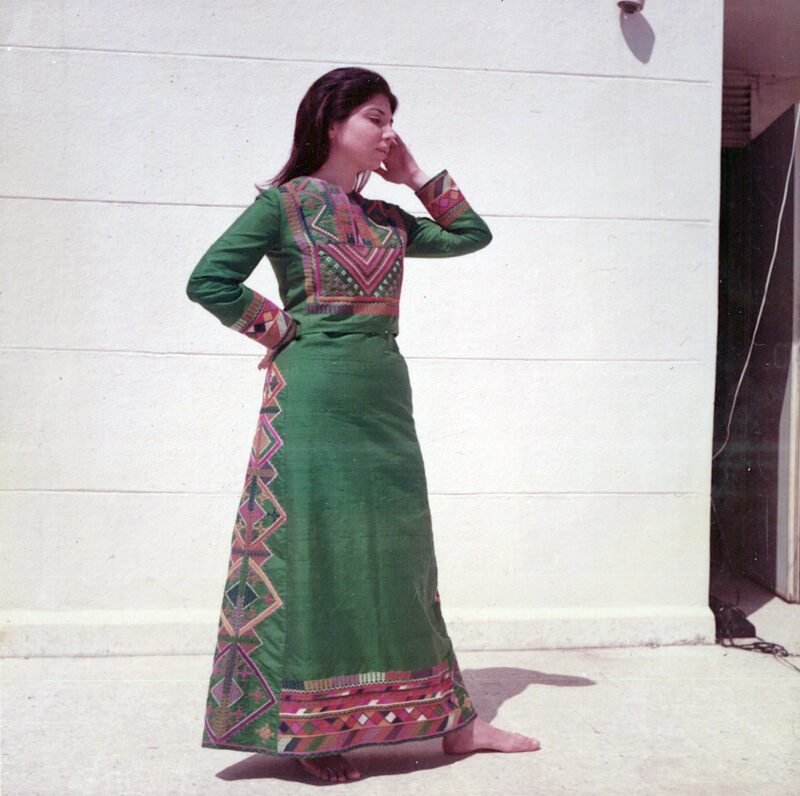
Embroidery is a medium of sacrifice: of time, energy and focus so in its very nature it shows a certain level of resilience. In the case of Palestinian embroidery, this is significantly enhanced by the experience of the Palestinian people throughout history and Dedman wanted to spotlight both the steadfastness and resistance vital to Palestinian heritage. A number of garments on display represent what the curator calls a “new vocabulary of resistance” with dresses including motifs like the map of the country or traditional designs rendered in national colours. As a result, by wearing these garments “women used their bodies as active sites of protest.”
What really sets Palestinian embroidery apart from the contemporary examples of activist textiles is that in today’s world, banners and flags are often made quickly, created to serve a specific purpose in the near future. The objects in the exhibition were often stitched in secret and took a long time to create under the most difficult conditions, and in the face of violence. They could then be worn like ordinary clothing again and again, a testament to the maker’s skill and the wearer’s courage,
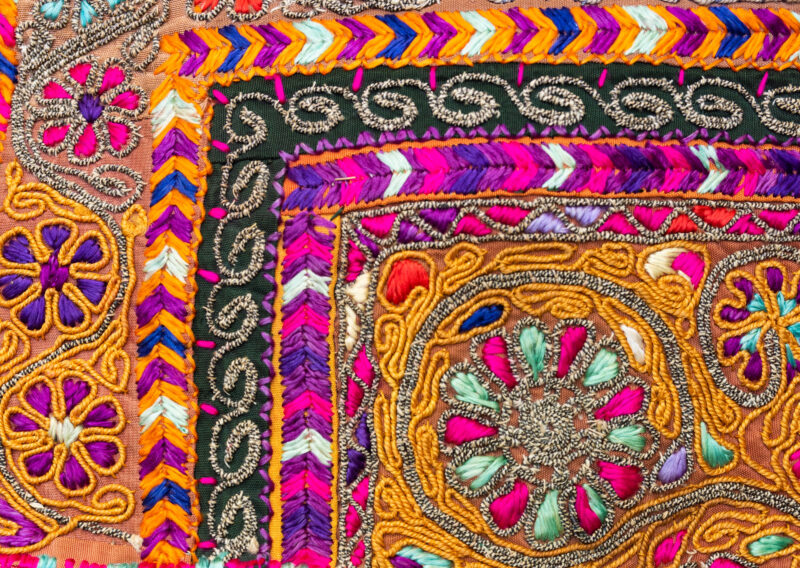
Material Power illustrates the way in which Palestinian embroidery has changed too, often in the materials used. While in the past women may have used Syrian silk and gold thread, more recently it became polyester in neon hues. Sources of inspiration have changed too, yet the tradition is far from lost. Sitting somewhere between fashion and tradition, at the heart, these examples of embroidered cloth remain all about expression.
As well as beautiful examples of real garments, the exhibition contains a number of contemporary works which further enhance the key messages of the show, including pieces by Mona Hatoum, Khalil Rabah, Mounira Al Solh, Aya Haidar, Majd Abdel-Hamid and Maeve Brennan. These evocative pieces represent the important role that embroidery and textiles continue to play in the arts today.
At a time when the people of Palestine are once more enduring the horrors of war, it is crucial to focus on human stories of beauty and strength – something that art can facilitate. Material Power: Palestinian Embroidery does exactly that.


